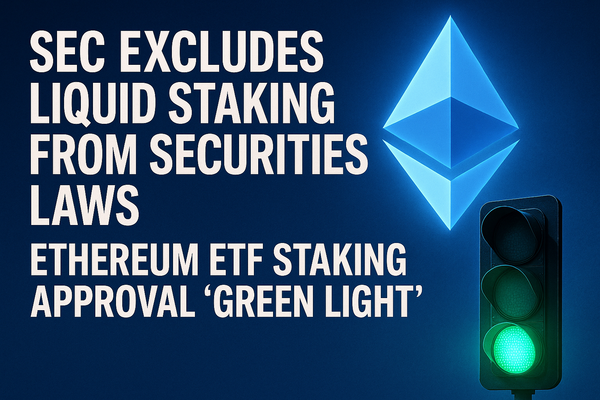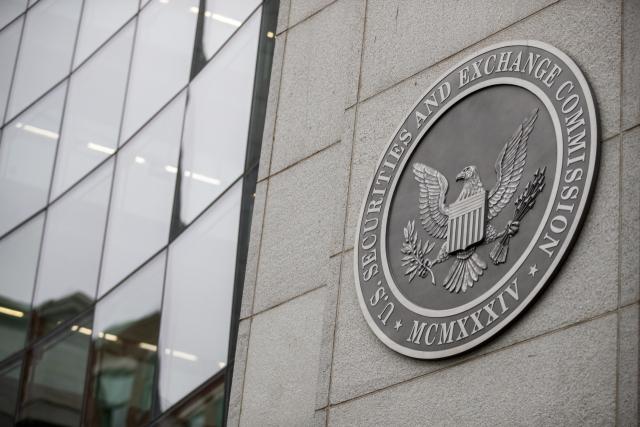
On August 5th, the U.S. Securities and Exchange Commission (SEC) announced that it would exclude liquid Staking from the application of securities laws. This is the first outcome of the 'Project Crypto' initiative led by SEC Commissioner Paul Atkins, which stands in stark contrast to the stringent regulatory approach during former Chairman Gary Gensler's tenure.
According to this guidance, major liquid Staking protocols such as Lido, Marinade Finance, JitoSOL, and Stakewise have been exempted from the obligation to register under securities laws. The SEC explicitly stated that "the provision and sale of liquid Staking receipt tokens do not constitute securities transactions".
The most notable aspect is the potential introduction of Staking functionality in the Ethereum spot ETF. Nate Geraci, President of Nobody Wealth, assessed that "the final barrier for Staking approval in the physical Ethereum ETF has been removed". Currently, major asset management firms, including BlackRock, are considering adding Staking functionality to their Ethereum ETFs, opening the way to provide an additional annual return of 3-4%.
However, not all experts welcome this development. Amanda Fisher, former chief of staff to Chairman Gensler, expressed strong concerns on X. She compared liquid Staking to the 're-hypothecation' practice that led to the bankruptcy of Lehman Brothers during the 2008 financial crisis, warning that "risks can be amplified as assets are re-Staked and re-Staked again".
The cryptocurrency industry immediately countered this claim. Mert Mumtaz, CEO of Solana infrastructure company Helium Labs, criticized that "comparing a transparent system managed by auditable code to opaque traditional finance is inappropriate". Matthew Sigel, Research Director at VanEck, also dismissed Fisher's view as a "contradictory argument".
Jason Gottlieb, partner at law firm Morrison Cohen, predicted that this statement would "have significant implications for other DeFi areas such as cross-chain bridging or wrapped tokens". This is because the classification of liquid Staking tokens as mere 'receipts' increases the likelihood that various DeFi protocols with similar structures may be exempt from securities laws.
The SEC's decision also provides insights into South Korea's digital asset regulatory policy. Currently, South Korea focuses on exchange regulation through the Virtual Asset User Protection Act, but lacks clear guidelines for new service areas such as Staking and DeFi. The U.S. case appears to be an important reference showing that regulatory clarity can simultaneously achieve innovation and investor protection.








